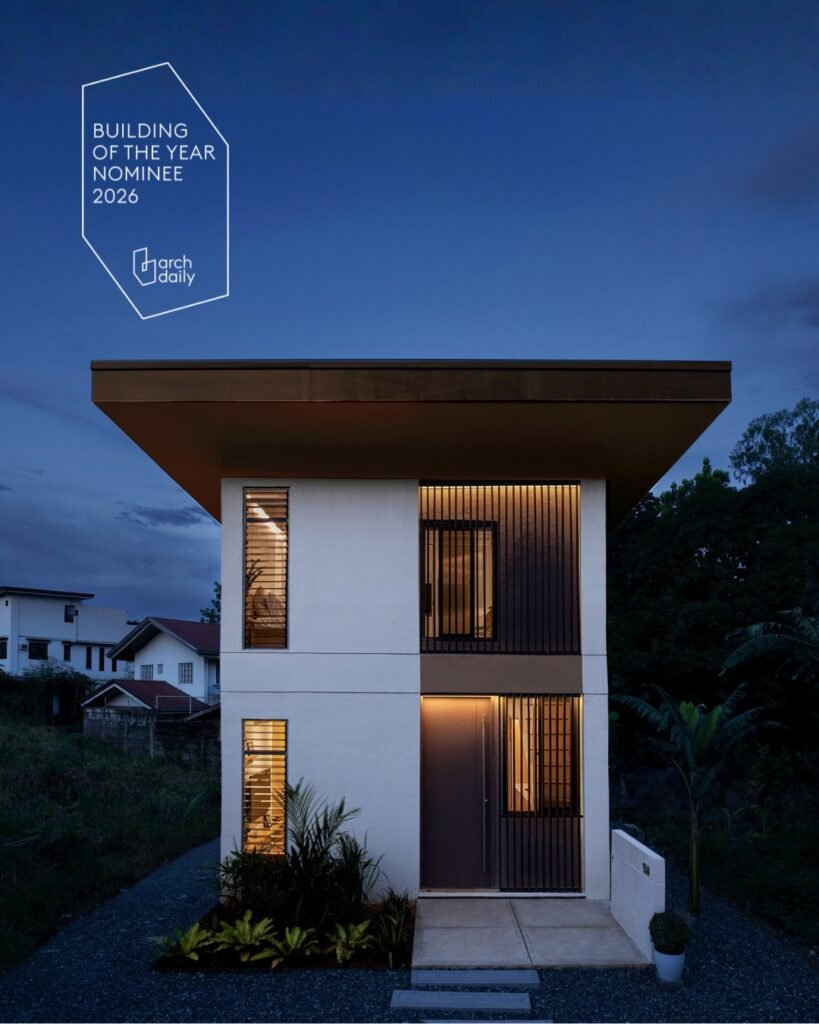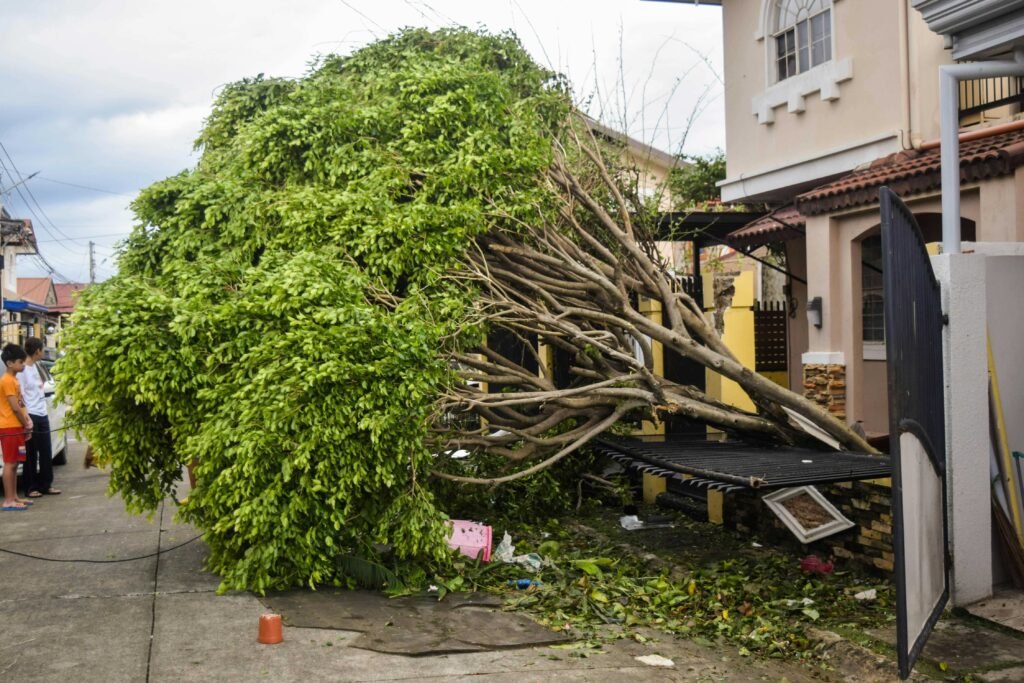Women leading urban transformation are sustainable leaders driving positive change, implementing innovative solutions, and fostering inclusive and resilient cities for a more sustainable future.
Janette Sadik-Khan showed that streets can be made more human and sustainable in her 6 years as Transport Commissioner for New York City. PHOTO: The Environment Show
Now that we are in a time of rapid urbanization and pressing environmental concerns, the concept of urban transformation has gained significant importance. The way we design, develop, and manage our cities has a profound impact on sustainability, livability, and the overall well-being of communities.
As we strive for a more sustainable future, it is crucial to recognize the vital role that women play in this process. According to CEPAL, women’s active involvement in urban transformation initiatives brings diverse perspectives, innovative solutions, and a deep understanding of community needs. By empowering women and promoting their participation in shaping our cities, we can foster more inclusive, resilient, and sustainable urban environments.
Importance of Urban Transformation in Sustainability
Urban transformation refers to the deliberate and strategic process of revitalizing and reimagining cities to create resilient and livable environments, as per Forbes. This transformation entails sustainable urban planning, efficient resource management, and the promotion of green infrastructure. By focusing on urban sustainability, we can address pressing challenges such as climate change, and resource depletion.
According to Forbes, one of the key reasons urban transformation is vital for sustainability lies in its potential to mitigate the environmental impact of cities. With urban areas responsible for a significant portion of global greenhouse gas emissions and resource consumption, transforming cities becomes paramount in the fight against climate change and resource depletion.
Sustainable urban planning and design can promote compact, walkable neighborhoods that minimize the need for long commutes, reduce carbon emissions from transportation, and preserve natural habitats. We can do this by integrating renewable energy sources, promoting energy-efficient buildings, and implementing smart infrastructure.
Moreover, urban transformation plays a crucial role in building resilience against the impacts of climate change, according to Forbes. Through sustainable urban practices, such as green infrastructure, rainwater harvesting systems, and flood-resistant designs, cities can adapt and respond effectively to the challenges of climate change.
Who are the Women Leading Urban Transformation
Women around the world are taking on leadership roles in driving urban transformation and spearheading sustainable initiatives within cities. Their contributions are making a significant impact on shaping the future of urban environments. Here are a few notable women who are leading the way in urban transformation:
Janette Sadik-Khan
As the former Commissioner of the New York City Department of Transportation, Sadik-Khan implemented transformative changes to the city’s streetscape. She pioneered the concept of pedestrian-friendly infrastructure, introducing bike lanes, plazas, and public spaces, thereby improving mobility, reducing traffic congestion, and promoting sustainable transportation options.
Sadik-Khan has also written a book titled “Streetfight: Handbook for an Urban Revolution,” which shares her experiences and insights on transforming cities to prioritize pedestrians and cyclists. She is a frequent speaker at conferences and events, where she advocates for sustainable and people-centric urban design.
Anne Hidalgo
Serving as the Mayor of Paris since 2014, Hidalgo has been at the forefront of making the city more sustainable and livable. According to Bloomberg, she has implemented measures to combat air pollution, increase green spaces, and reduce car usage. Hidalgo has also been a strong advocate for cycling infrastructure and the development of sustainable modes of transportation.
Hidalgo has made sustainability a top priority for Paris. She has implemented a number of measures to make the city more sustainable, including a ban on diesel-powered vehicles in Paris by 2024, a plan to make Paris a “100-percent cycling” capital by 2024, and a commitment to making Paris a “zero-waste” city by 2030. Likewise, she plans to plant 1 million trees in Paris by 2026 and she commits to making Paris a “climate-neutral” city by 2050.
Claudia Sheinbaum
As the Mayor of Mexico City, Sheinbaum has been instrumental in advancing sustainable urban development. According to Ed Cities, she has prioritized efforts to improve air quality, enhance public transportation systems, and increase the city’s green spaces. Sheinbaum’s initiatives aim to create a more sustainable and inclusive city for all residents.
Sheinbaum has also implemented a number of measures to make the city more sustainable, including a plan to make Mexico City a “100-percent electric bus” fleet by 2024 and a plan to plant 26.7 million trees and other plants through the Green Challenge (#RetoVerde) campaign. In addition, she committed to making Mexico City a “zero-waste” city by 2030 and a “climate-neutral” city by 2050.
Aisa Kirabo Kacyira
Dr. Aisa Kirabo Kacyira, a Rwandan architect and urban planner, served as the Deputy Executive Director of UN-Habitat from 2011 to 2018, according to United Nations. She played a crucial role in promoting sustainable urban development globally and advocated for inclusive and resilient cities.
Dr. Kacyira’s work focused on empowering women and promoting gender equality in urban planning and development. She likely emphasized the integration of gender considerations into urban policies and planning processes. This involves ensuring that urban development plans and policies address the specific needs, priorities, and experiences of women and girls, including their access to housing, infrastructure, and public services.
Amanda Burden
Amanda Burden, the former New York City Planning Commissioner, played a vital role in shaping the city’s urban landscape. Known for her emphasis on creating vibrant and accessible public spaces, she championed projects like the High Line, an elevated park built on a historic freight rail line, according to Arch Daily. Burden’s efforts focused on improving the quality of life for New Yorkers by enhancing the city’s public realm and promoting sustainable urban design.
Burden also worked to promote the use of renewable energy in New York City. She helped to create the city’s Green Roof Program, which provides financial assistance to businesses and residents who install green roofs on their buildings. She also helped to develop the city’s Solarize New York program, which offers free solar panels to homeowners and businesses.
How Women Shape the Advocacy for Sustainability
Women play a vital role in shaping the advocacy for sustainability by bringing diverse perspectives, fostering inclusive decision-making, and championing innovative solutions. As key stakeholders, women contribute their unique experiences and insights to address pressing environmental challenges and promote sustainable practices.
Women lead initiatives in various sectors, from renewable energy and conservation to urban planning and community development. Women’s empowerment and equal representation are crucial in creating a more sustainable future, as their perspectives and expertise contribute to holistic and comprehensive approaches to sustainability.
Sources
-
CEPAL. (n.d.). Sustainable development depends on women. Retrieved from https://oig.cepal.org/sites/default/files/notes_for_equality_4_rio_20_final_en.pdf
-
OECD. (n.d.). Gender and the Environment: Building Evidence and Policies to Achieve the SDGs. Retrieved from https://www.oecd-ilibrary.org/sites/db5d855d-en/index.html?itemId=/content/component/db5d855d-en
-
Forbes. (2022). Planning With A Purpose: Urban Transformation And Sustainability. Retrieved from https://www.forbes.com/sites/deloitte/2022/02/01/planning-with-a-purpose-urban-transformation-and-sustainability/?sh=1d49262e6588
-
Janette Sadik Khan. (n.d.). Janette Sadik Khan About. Retrieved from http://www.jsadikkhan.com/about.html
-
Bloomberg. (n.d.). Anne Hidalgo. Retrieved from https://www.bloomberg.org/speaker/anne-hidalgo/
-
Ed Cities. (2019). Interview with Ms. Claudia Sheinbaum, Mayor of Mexico City. Retrieved from https://www.edcities.org/en/entrevista-a-la-jefa-de-gobierno-de-la-ciudad-de-mexico-sra-claudia-sheinbaum/
-
United Nations. (2023). Ms. Aisa Kirabo Kacyira of Rwanda – Head of the United Nations Support Office in Somalia (UNSOS). Retrieved from https://www.un.org/sg/en/content/sg/personnel-appointments/2023-02-23/ms-aisa-kirabo-kacyira-of-rwanda-head-of-the-united-nations-support-office-somalia-%28unsos%29
-
Arch Daily. (2015). Amanda Burden: The Latest Architecture and News. Retrieved from https://www.archdaily.com/tag/amanda-burden





